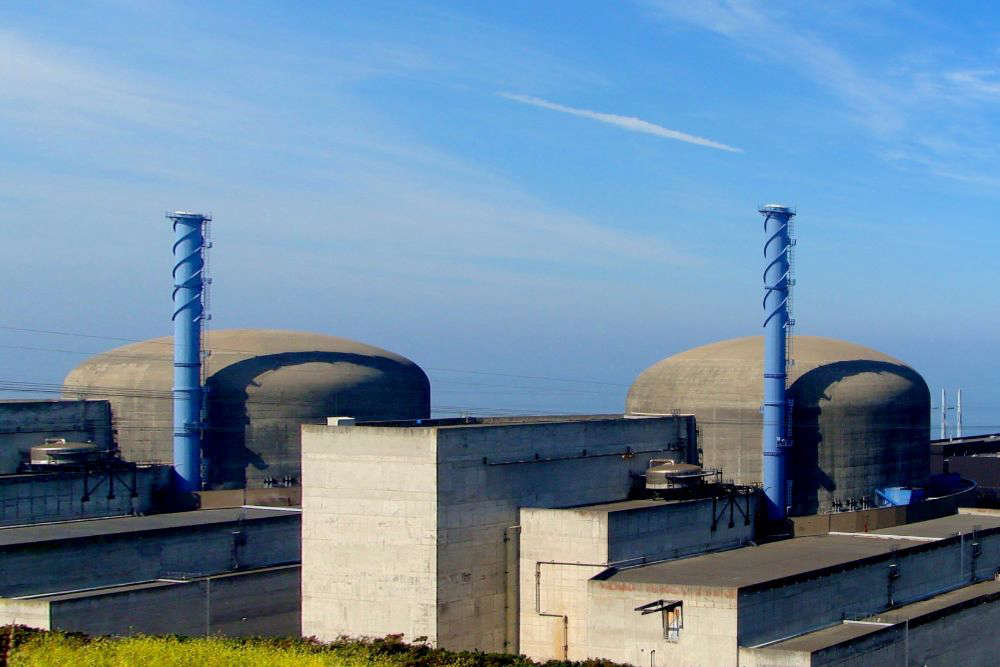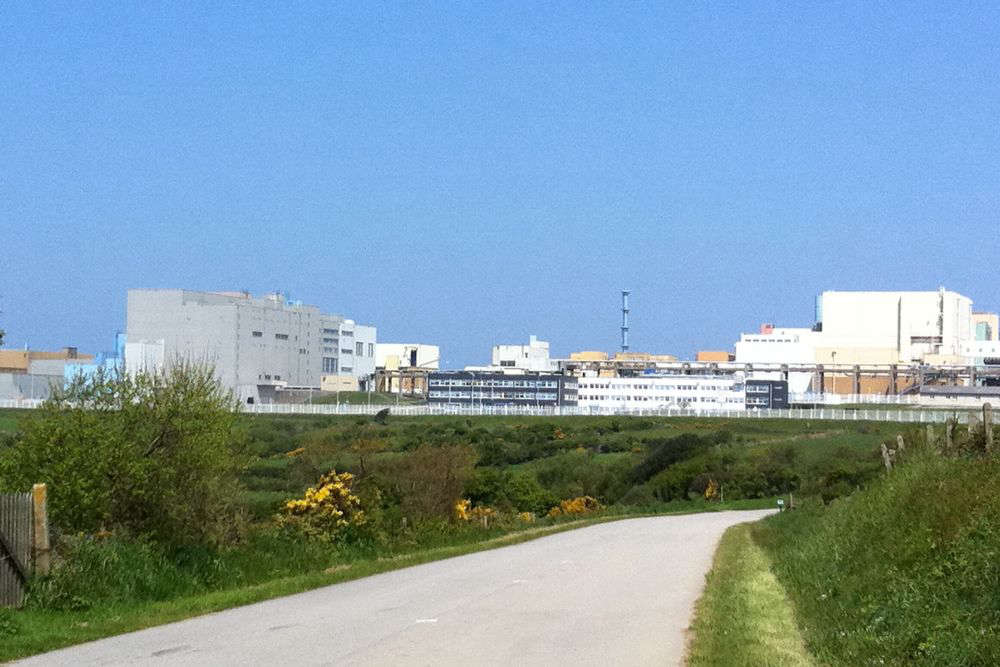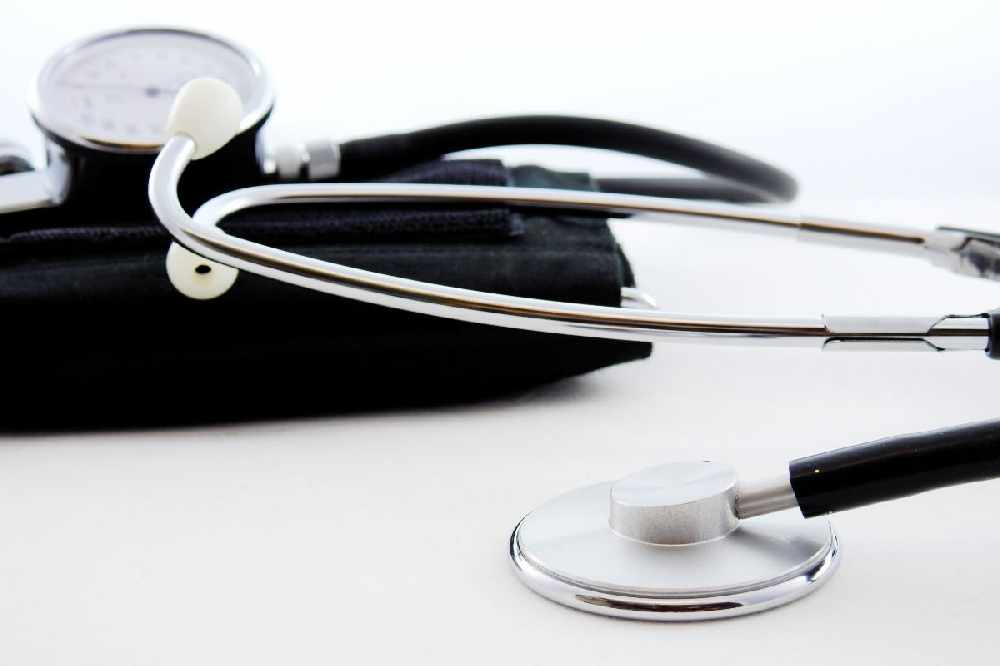
An updated evaluation by the UK's Health Protection Agency concludes that staying indoors, should there be an accident, is the best option.
The nearby Normandy, or Cotentin Peninsula, contains a number of nuclear installations.
There are three reactors at Flamanville, a radioactive waste reprocessing facility at La Hugue and shipments to and from it, nuclear submarines at Cherbourg and mainly low grade nuclear material, some 15,000 tonnes of it, dumped in the Hurd Deep in the 1950s and 60s.
The Flamanville nuclear power station is around 23 miles from Jersey and 27 from Guernsey, while La Hague is just 12 miles from Alderney.

The review says despite their proliferation, the risks posed by them remain low. Sea monitoring shows very little release of radioactivity into the food chain from materials in the Hurd Deep.
Modelling shows that if a cask containing nuclear waste went overboard near the Casquets and began leaking, it would be dispersed and pose little threat.
The key risk from Flamanville is an event that triggered the dispersal of a nuclear plume. Weather modelling over five years shows that the prevailing south westerly winds would push away any radioactive cloud. The wind would need to be due east to affect the islands. Even then, the risk is perceived as very low and would be transient.
The report recommends sheltering at home as the best option in the unlikely event of a nuclear emergency. It says food and water supplies would be mainly unaffected and the time taken for harmful radiation to disperse would be relatively quick.
It assessed the stockpiling of iodine tablets, which help stop the thyroid from absorbing a certain type of harmful radiation, but discounted this.
It says monitoring of radiation levels should be ongoing, as should liaison with the French authorities. It recommends planning for a spill in territorial waters and an alert system for both islanders and visitors.

Peter Bradley, Director of Public Health Jersey, wants to reassure Channel Islanders that while the recommendations will be carried out, the risk to them is 'extremely low':
"We looked at all the potential risks of significance across the Normandy coast and in the Channel and the shipping port.
We found there was very little risk to our population, partly because we are distanced geographically by more than 20km, and when it gets over that distance, generally other authorities consider that measures do not need to be taken.
"However, because we are an island, we are being extremely careful and have developed a plan to manage an incident."


 Both winning CI Christmas Lottery Tickets sold in Jersey
Both winning CI Christmas Lottery Tickets sold in Jersey
 Guernsey women's murder trial "unlikely ever to resume"
Guernsey women's murder trial "unlikely ever to resume"
 Guernsey actor to reprise Doctor Who role for Boxing Day Dip
Guernsey actor to reprise Doctor Who role for Boxing Day Dip
 Aurigny to fly between Guernsey and Jersey next year
Aurigny to fly between Guernsey and Jersey next year
 Review into healthcare complaints in Guernsey to go ahead
Review into healthcare complaints in Guernsey to go ahead
 Former CI Co-op boss awarded more than £3m
Former CI Co-op boss awarded more than £3m
 Guernsey Airport releases former Blue Islands aircraft
Guernsey Airport releases former Blue Islands aircraft
 Guernsey's government sets out five ‘super priorities' over the next three years
Guernsey's government sets out five ‘super priorities' over the next three years




